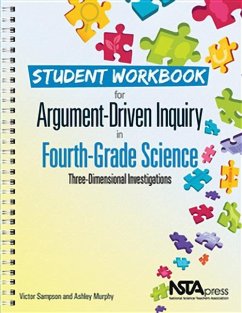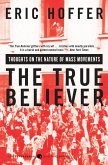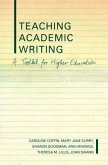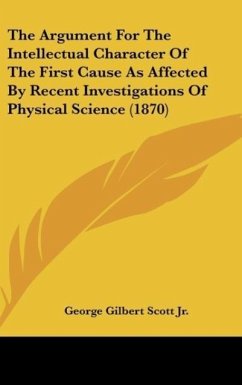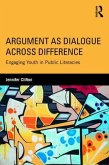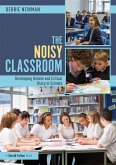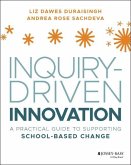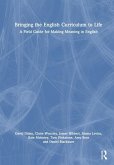Are you interested in helping your elementary students learn the practices of science, including constructing explanations and engaging in argument from evidence? Argument-Driven Inquiry in Fourth-Grade Science will provide you with both the information and instructional materials you need to start right away. The book is a one-stop source of expertise, advice, and investigations. It's designed to help your third graders work the way scientists do while integrating literacy and math at the same time. With the Student Workbook for Argument-Driven Inquiry in Fourth-Grade Science, you'll have all the student materials you need to guide your students through these investigations. It provides lab details, safety information, and handouts to get your students ready to start investigating. It presents a well-organized series of 15 field-tested investigations designed to be much more authentic for instruction than traditional activities. The investigations cover energy, waves and their application in technologies for information transfer, molecules and organisms, and Earth's place in the universe and systems. Students can investigate questions such as these: How does the kinetic energy of a moving object change after a collision? How can you make an electrical car move faster? And why do big waves block the entrance to some New Zealand harbors? The Student Workbook book is part of NSTA's best-selling series about ADI in middle school and high school science. Like its predecessors, this collection is designed to be easy to use. The lessons also support the Next Generation Science Standards and the Common Core State Standards for English language arts and mathematics. The book can also help emerging bilingual students meet the English Language Proficiency Standards. Many of today's elementary school teachers-- like you-- want new ways to engage students in scientific practices and help students learn more from classroom activities. Argument-Driven Inquiry in Fourth-Grade Science, with its accompanying Student Workbook, does all of this while giving students the chance to practice reading, writing, speaking, and using mathematics in the context of science.
Hinweis: Dieser Artikel kann nur an eine deutsche Lieferadresse ausgeliefert werden.
Hinweis: Dieser Artikel kann nur an eine deutsche Lieferadresse ausgeliefert werden.

